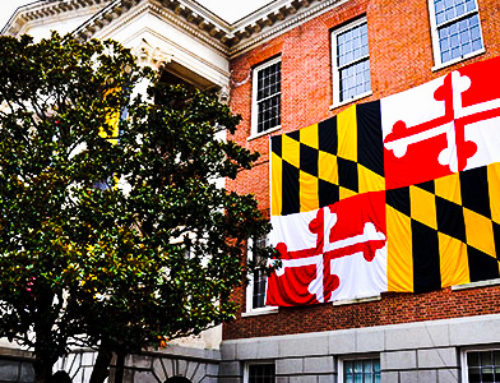View by Topic
Recent Articles
-
NYC Building Electrification Ruling is Interesting But Not a Game ChangerSaturday, March 29th, 2025
-
Greenpeace Ordered to Pay $667M in Blow to ActivismSaturday, March 22nd, 2025
-
The Most Consequential Day of Environmental Deregulation in American HistorySaturday, March 15th, 2025
-
States Challenge Validity of New York’s Climate Change Superfund ActSaturday, March 8th, 2025
-
House Votes to Protect the Hot Water Heater in Your HouseSaturday, March 1st, 2025
View by Month/Year
“Green Building Law Update” Headlines
Recent Articles & News from
Stuart Kaplow’s blog
at GreenBuildingLawUpdate.com
- NYC Building Electrification Ruling is Interesting But Not a Game Changer March 30, 2025
- Greenpeace Ordered to Pay $667M in Legal Blow to Environmental Activism March 23, 2025
- The Most Consequential Day of Environmental Deregulation in American History March 16, 2025
- States Challenge Validity of New York’s Climate Change Superfund Act March 9, 2025
Subscribe to the Green Building Law Update!
Stuart Kaplow brings his expertise and extensive experience to the table with his unique digital publication, "Green Building Law Update". Subscribers receive regular updates to keep them informed about important issues surrounding Environmental Law, Green Building & Real Estate Law, as well as the emerging demand for Environmental Social Governance (ESG).
Get fresh content through the lense of Stuart Kaplow's cutting-edge expertise, innovative commentary and insider perspective. Don't miss another issue! Subscribe below.
Sun Sets in 2003 on Legislation to Outlaw Unmetered Water Billing
The Maryland General Assembly has sent to ‘summer study’ legislation that prohibits landlords from unmetered water billing to tenants.
House Bill 976 prohibits landlords from using a “ratio utility system” to charge a tenant for water consumption and waste water or sewerage use by the tenant. The bill applies to landlords who offer more than four dwelling units for rent on one parcel or in one location.
Under the bill, a “ratio utility system” is allocating one or more of the landlord’s aggregate utility charges by using one or more of the following billing methods: (1) per tenant; (2) proportionately by livable square footage; (3) per unit type; (4) per number of water fixtures; or (5) by any other method that allocates the landlord’s aggregate utility charges among the tenants bur does not measure actual per tenant usage.
If a landlord charges a tenant separately for water and sewerage, the bill provides the landlord may not charge more than actual cost based on actual use, plus an administrative fee of up to $2.00. A landlord who violates that actual cost provision is liable to the affected tenant for: (1) the greater of actual damages proximately caused or $1,000 per violation; and (2) reasonable attorney’s fees. The bill does not prohibit a landlord from recovering the cost of providing water and sewerage by including the cost in an undifferentiated rent or lease payment.
Today, Maryland law does not limit or regulate how a landlord attributes charges for water and sewerage usage among tenants. Legislation has been threatened at the local level and the decision to ‘summer study’ this bill (such that State legislative action will be delayed until the 2004 General Assembly Session) may result in legislation later this year in Montgomery County and Baltimore County.
This legislation risks a significant negative impact on residential real estate and, in particular, on small business landlords that use ratio utility systems. Landlords would be required to either fit individual apartments with meters or include the water and sewerage charges with the rent. Because the cost of installing individual water metering systems would be cost prohibitive, it is assumed that landlords would include any water and sewerage charges in calculating the rents charged for apartments. And landlords currently using a ratio utility system would experience a decrease in revenue to the extent that they are unable to include these charges in calculating an apartment’s rent because a tenant’s lease expires after the bill’s effective date.
Landlords using a modified billing system for charging a tenant for water and sewerage by estimating the tenant’s total water and sewerage use based on the apartment’s usage of hot water would be particularly impacted. Those landlords must recoup the capital expenditure of installing both the violative hot water metering systems, the new metering systems as well as tenant water and sewerage use through higher rent charges.
Landlords need to be cognizant that after HB 976 is studied this summer by the State legislature, the same or similar legislation prohibiting ratio utility systems will almost certainly be introduced in the 2004 Session. Those landlords utilizing the (likely to be) prohibited charges, should consider modifying residential lease forms now to provide for including the water consumption cost in an undifferentiated rent or lease payment.









